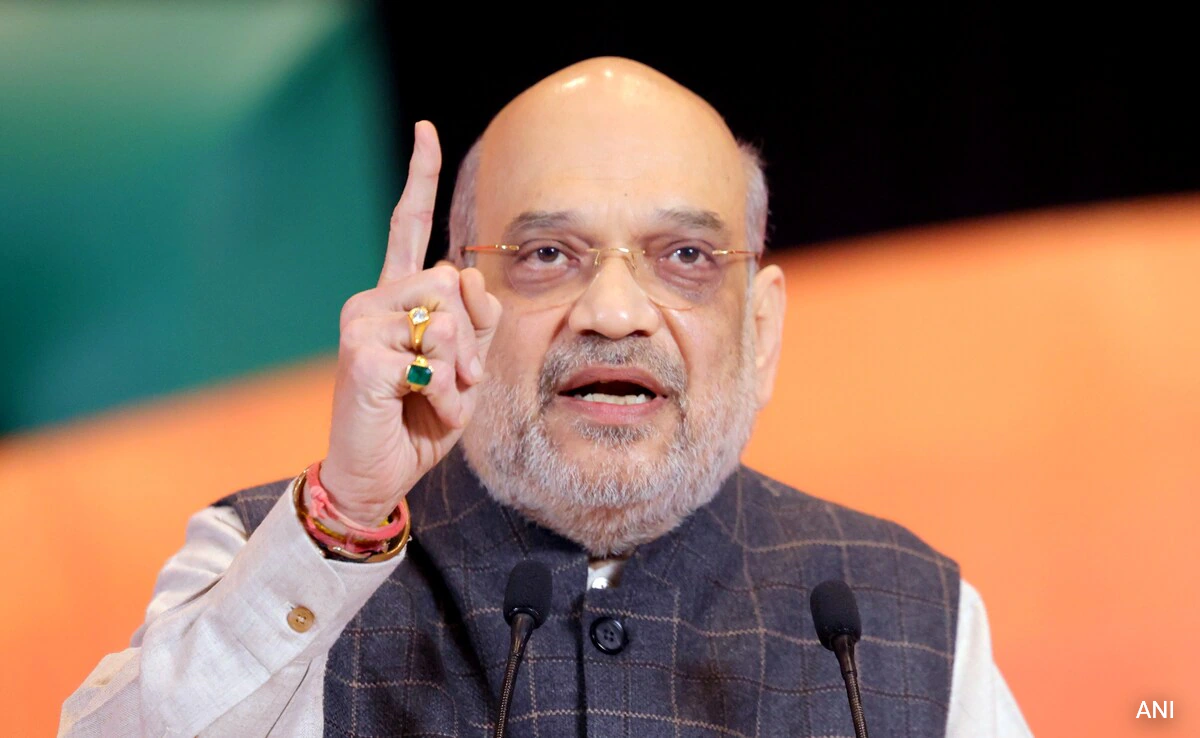As Jammu and Kashmir prepares for its first Assembly elections since 2014, the political landscape is abuzz with discussions about Article 370. This once pivotal provision, which granted special status to the region, remains a central topic as candidates vie for public support.
Amit Shah’s Bold Declaration
During a recent visit to Jammu and Kashmir, Home Minister Amit Shah made a definitive statement regarding Article 370. According to Shah, the provision, which was abrogated in 2019, has become a historical chapter and will not be reinstated. He emphasized that the period from 2014 to 2024 will be remembered for significant changes in the region, marking a shift from the challenges of separatism and terrorism to a focus on development and integration with India.
“Article 370 and 35-A are no longer part of the Constitution. They belong to the past,” Shah declared. This statement reflects the BJP’s firm stance on the issue, underscoring their commitment to moving forward with their vision for the region’s future. Shah’s comments highlight the party’s belief in the positive impact of the removal of Article 370, which they see as a crucial step towards fostering development and improving the security situation in Jammu and Kashmir.
The National Conference’s Counter-Claim
In contrast, the National Conference, in alliance with the Congress, has included the restoration of Article 370 as a central promise in their election manifesto. This pledge underscores a significant policy difference between the major political parties. The National Conference’s commitment to reinstating Article 370 reflects their ongoing push for greater autonomy and emphasizes their belief in the special status of Jammu and Kashmir.
The upcoming elections will serve as a critical juncture to gauge public opinion on these differing views. With Jammu and Kashmir now divided into two Union Territories—Jammu and Kashmir and Ladakh—the political landscape has evolved since the abrogation of Article 370 in 2019.
The BJP’s Vision for the Future
Shah’s visit also highlighted the BJP’s vision for the future of Jammu and Kashmir. The party’s manifesto promises a “peaceful, safe, developed, and prosperous” Jammu and Kashmir. Shah emphasized the party’s long-standing efforts to integrate the region more closely with the rest of India, citing the removal of Article 370 as a pivotal step in this direction.
The BJP’s focus is on promoting development, ensuring security, and enhancing the quality of life for residents of Jammu and Kashmir. Their vision includes infrastructure development, economic growth, and improved governance, aiming to bring tangible benefits to the people of the region.
Election Timeline and Public Sentiment
Jammu and Kashmir will vote in three phases between September 18 and October 1, with the counting of votes scheduled for October 8. These elections are not only a chance for residents to choose their representatives but also an opportunity to reflect on the changes that have taken place since the abrogation of Article 370.
The elections will provide valuable insights into how residents perceive the ongoing transformations and the promises made by various political parties. It will be interesting to see how the different approaches to Article 370 resonate with the electorate and what the future holds for Jammu and Kashmir.
Looking Ahead
As the election period unfolds, the focus will remain on how the political promises align with the needs and aspirations of the people of Jammu and Kashmir. The outcome of these elections will play a crucial role in shaping the future of the region, influencing its development trajectory, and determining its political landscape in the years to come.
Also Read
- ► 10 Daily Habits That Are Slowly Destroying Your Life—And You Don’t Even Know It!
- ► Reliance Jio Celebrates 8th Anniversary with Special Offers for Prepaid Users
- ► Powerlifting Paralympics: Highlights from the 2024 Paris Games
- ► 5 Japanese Secrets to Stop Overthinking Instantly
- ► Struggling with Brain Fog? Try These 5 Exercises Now!
- ► 10 Shocking Things Parents Say That Can Emotionally Scar Their Kids Forever
- ► What Lai Chi Kok Residents are Saying About Our Storage Solutions
- ► How to Move from Nottingham to Belfast Without the Stress
- ► Practical Tips for Avoiding Vaping Temptations
- ► Trusted 24-Hour BRI Judi Slot Gacor Maxwin Online Hari Ini Gambling Website, Gacor & Best 2023
- ► Learning About Fridges: Operation and Mechanics
- ► Luther Social Media Maven Keezy.co
- ► The Impact of XAI Coin on Turkey’s Crypto Market and How to Trade on MEXC
- ► Internalized Homophobia: A Guide to Overcoming Shame and Self-Hatred
- ► Traveling Through Time and Space to Become an Unlucky NPC

